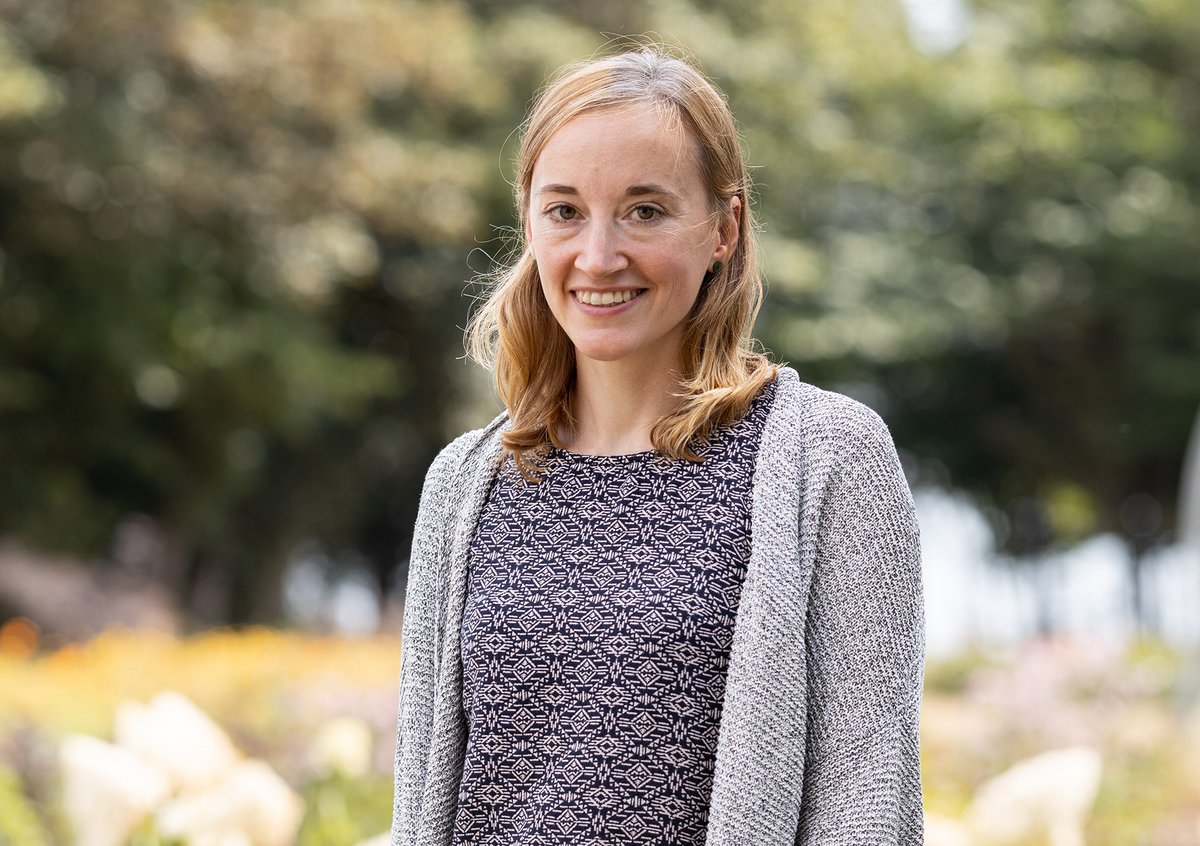Carolin Sailer - Postdoctoral Fellowship 2022
Project summary:
Molecular phenotyping of arrhythmogenic right ventricular cardiomyopathy by single cell proteomics
Arrhythmogenic right ventricular cardiomyopathy is an inherited cardiac disorder characterized by progressive loss of heart muscle and a fibro-fatty invasion of heart tissue. In this project, we aim to characterize the molecular profile of individual cell types to understand how cardiac muscle cells, fibroblasts and adipocytes contribute to disease progression. These analyses will help us to understand molecular mechanisms of the disease and potentially provide new therapeutic targets.
Project Title
Molecular phenotyping of arrythmogenic right ventricular cardiomyopathy by single cell proteomics
Background
Arrythmogenic right ventricular cardiomyopathy (ARVC) is an inherited disorder characterized by progressive loss of cardiomyocytes and high propensity to lifethreatening arrhythmias.
Aim
In this project we investigate the role of plakophilin-2 (PKP2) and other molecules of the desmosome in molecular mechanisms underlying ARVC. We will therefore analyse formalin-fixed paraffin embedded (FFPE) cardiac biopsies of ARVC patients with mutations in PKP2 and characterize the cell specific molecular profile of cardiomyocytes, fibroblasts and adipocytes.
Methods
For this purpose single cells are prepared from FFPE tissue with laser capture microdissection and a deep molecular profile of each cell type is analyzed with ultrasensitive mass spectrometry based proteomics.
The findings made from human samples will be evaluated in functional follow-up studies using two different model systems that allow for molecular manipulation. These analyses will break knowledge barriers regarding PKP2 biology in the heart
and the molecular mechanism of ARVC, which have the potential to provide the basis for an unmet need of novel treatment opportunities for patients with ARVC.

Carolin Sailer
- MSc and PhD
- University of Copenhagen, Department of Biomedical Sciences
Mentors:
Alicia Lundby, Professor, Department of Biomedical Sciences, Copenhagen University
Henning Bundgaard, Professor, Heart Center, Department of Cardiology, Rigshospitalet
Contact:
- carolin.sailer@sund.ku.dk